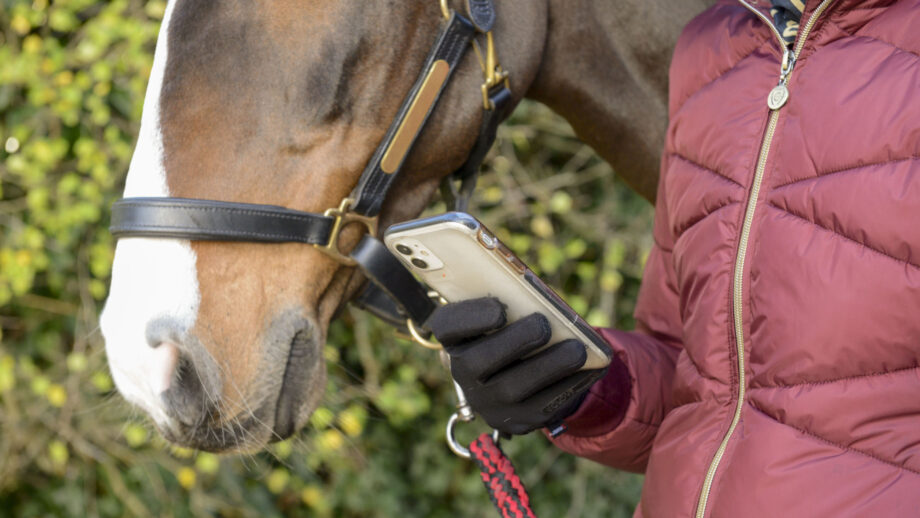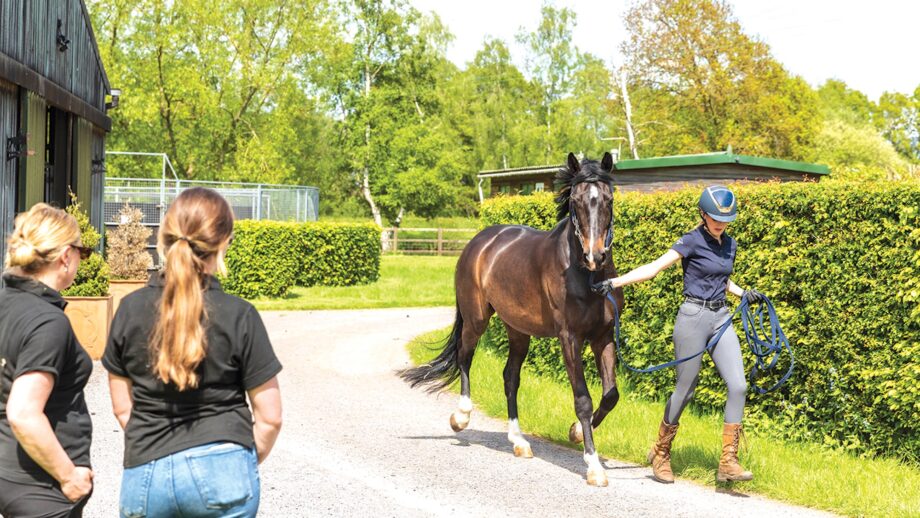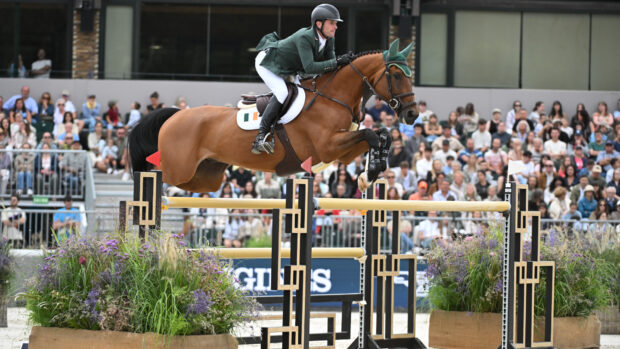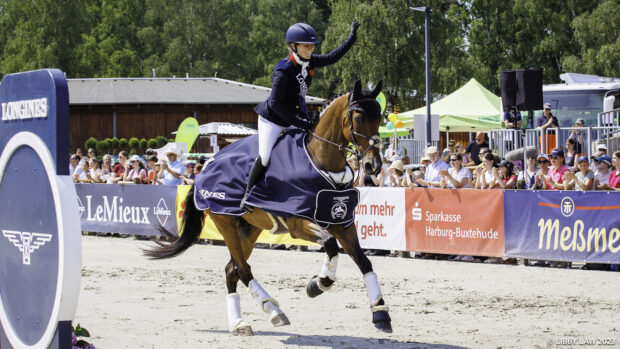Sellers of horses will be asked to declare relevant information in writing, directly to prospective buyers – cutting out the vet “middleman” – as part of a new toolkit.
The British Equine Veterinary Association (BEVA) has introduced a pre-purchase examination (PPE) seller’s declaration as part of its new online toolkit for vets. Previously, the seller’s declaration was part of BEVA’s pre-purchase worksheet, containing questions for the vet to ask the seller.
This new declaration, which has been revised with the support of British Equestrian (BEF) and the British Horse Society (BHS), is a more extensive, stand-alone document. Prospective buyers are recommended to ask for a completed copy from the seller directly before the formal PPE starts.
“BEVA’s new seller’s declaration will iron out the PPE process to make it smoother and more efficient for all three parties involved: buyer, seller and vet,” said BEVA veterinary projects officer Lucy Grieve, who has been instrumental in putting the new guidance together.
“The advantage is it cuts out the vet as a middleman… asking if the horse has received any medication, or coughs on dry hay and so on. The declaration means that the seller should declare those things to the buyer straight off. If completed in advance, it should give the buyer more robust information on which to base proceeding with the PPE or not.”
She added that it is hoped this becomes an “industry standard”, so that all parties can proceed with vettings with as much confidence as possible.
The document asks the seller to disclose a horse’s veterinary history and interventions, behaviour, whether he is in work or not, specific management requirements, lameness history, plus details of preventative care such as worm control and dental care. There is also an area to declare whether the form was filled in by the seller or an agent.
BHS director of horse care and welfare Gemma Stanford said: “We always urge a buyer to make careful considerations when going through the process of purchasing a horse. It’s a decision that should never be rushed and one that needs to be made with every detail to hand.
“BEVA’s new seller’s declaration will be a great, supportive resource to help with this process. Sellers can easily input all the information required in one go, while buyers have peace of mind that they’re making an informed decision. Critically, it’ll ensure that the welfare of the horse is always the key priority.”
Lawyer Jodie Seddon, partner at Aria Grace Law CIC, welcomed the move, also recommending that parties still have sales contracts.
“We support the BEVA, BHS and BEF in their aim to bring more transparency to equine transactions, however we would caution that the proposed questionnaire does not alone form a sales contract that both parties can rely on,” she told H&H.
“This is a positive step in ensuring more consistent information sharing, to the benefit of the welfare of horses changing hands. However, to ensure that the information disclosed has contractual force, we would always recommend using a sales contract.”
- For more information, visit: beva.org.uk/Resources/Clinical-resources/PPE-toolkit or view a digital version of the form
To stay up to date with all the breaking news from major shows throughout 2025, subscribe to the Horse & Hound website
You may also be interested in:

‘We’re delighted to bring loyal readers this benefit’: H&H magazine subscribers get free website access

Horse owners warned about creating unintended contracts on WhatsApp when buying and selling

How to protect yourself when buying or selling horses: legal experts share helpful advice




